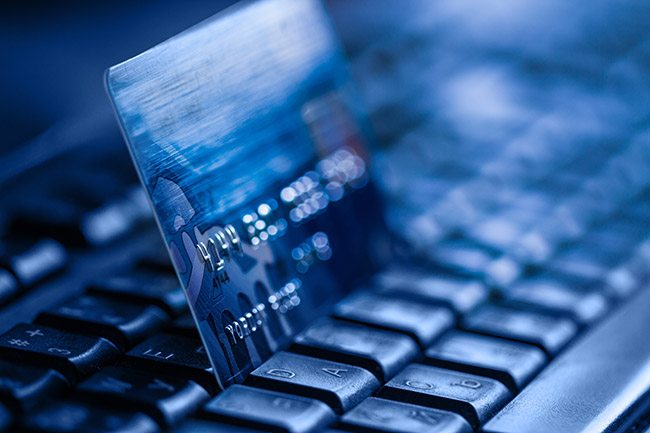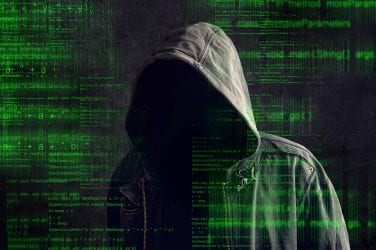Fraudulent attacks can come from any aspect of your business. It’s vital to protect against both internal and external risks. Larger companies with more employees are potentially at more risk of internal fraud and therefore must follow compliance regulations to prevent such activity. SMCR (The Senior Managers and Certification Regime) is a relatively new initiative, designed to hold managers to account for their actions and to prevent internal fraudulent activity. For more information on SMCR compliance, visit People Clear SMCR
When it comes to external cyber threats against businesses, both large corporations and small businesses are at risk. For example, a data breach could make your company’s most important and sensitive information public, and therefore at risk. This could also damage relationships and trust with customers and suppliers.
What is ransomware and how can you protect against it?
Ransomware is a form of software designer to prevent access to data or information in your computer system, until a sum of money, or ransom is paid. This type of attack is usually spread via phishing emails. The best way to prevent a ransomware attack is to regularly update your software and systems, and to often backup data and store it on an external hard drive. Never click on links in unfamiliar emails and remind employees to follow this rule. Use an email system with strong spam filters and scan all emails incoming and outgoing for unusual behavior, threats and viruses. Restrict your employee’s ability to download programs and software, add an administrator password for extra security.
Phishing scams
Phishing is a form of cyber attack via email where the recipient is persuaded to open an email which often is very persuasive and contains information to encourage the reader to click a dangerous link. To prevent these attacks it’s important to be wary and vigilant when opening all emails, even if you recognize the sender’s details. Never click to open a suspicious link or attachment in an email as this could lead to financial loss or put sensitive data at risk.
What is Malware?
Malware is short for malicious software – which is used to cause damage or gain access to a computer system. Cybercriminals can gain access to business data and then use this information to commit identity theft. Make sure you install a certified anti-virus and anti-malware software and run a regular scan with this software to prevent attacks.
Password protection
Weak passwords are easy ways for cybercriminals to access accounts and personal information. Hackers can obtain access to a company’s finances, employee, customer and supplier information.
Be secure
Cyber attacks could happen to any business, big or small. Small businesses are often easy targets as they may not have at the systems and relevant software in place to protect their data. Educate yourself and your employees against the risks of cyber attacks and how to protect your business. Switch to paperless payments and accounting systems which provide more security. Strengthen your business with advanced software and virus protection as well as secure payment systems to protect yourself, your employees, customers and suppliers.






